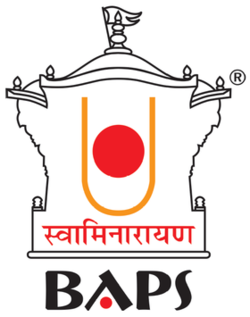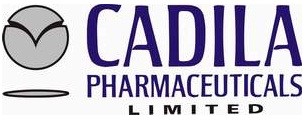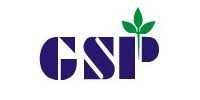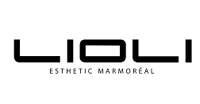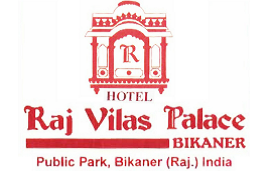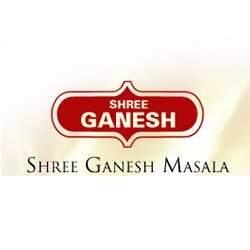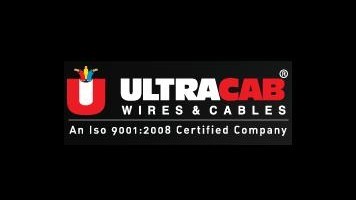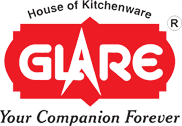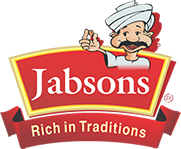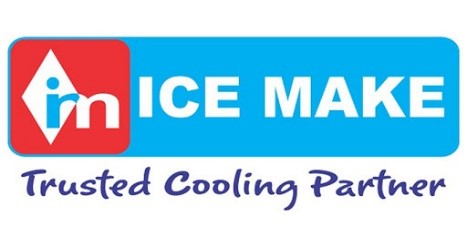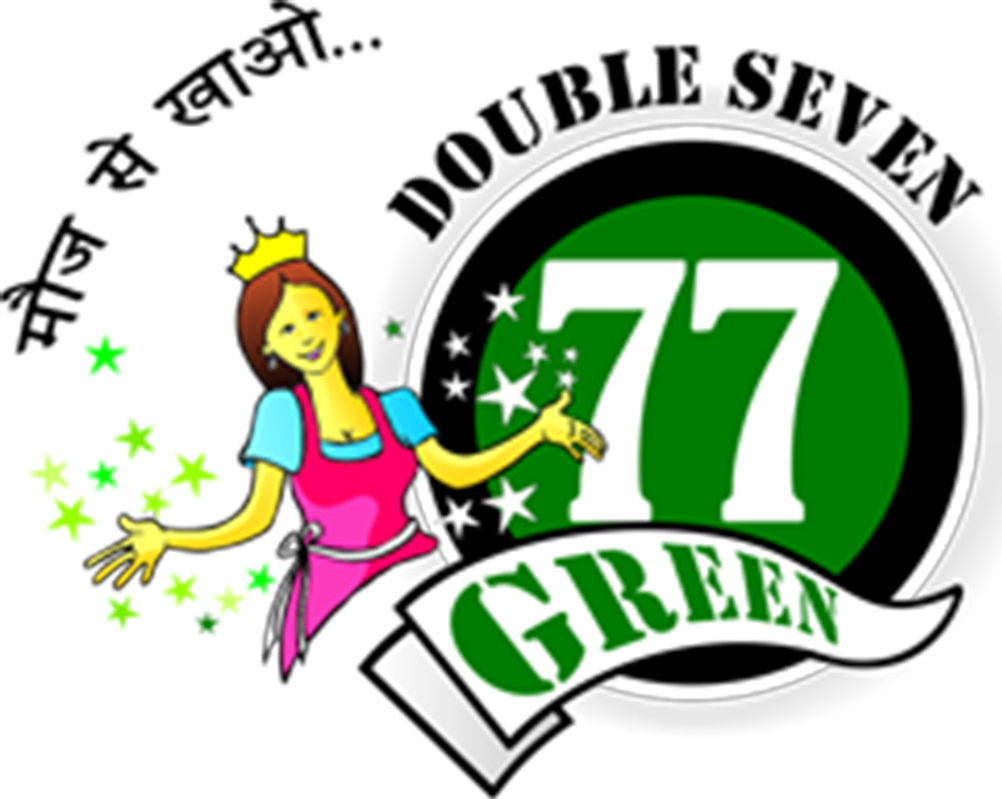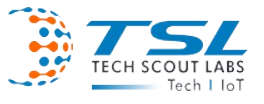Bajaj Auto Ltd vs. TVS Motor Company Limited
Facts of the Case:
There were two suits in this case. One by the plaintiff Bajaj Auto Limited which filed a suit under Section 108 of the Patents Act, 1970 for the relief of permanent injunction in respect of the plaintiff’s patent and/or from using the technology/invention described in the said patent and/or manufacturing, marketing, selling, offering for sale or exporting 2/3 wheelers, including the proposed 125-CC FLAME motorcycle containing an internal combustion engine or any internal combustion engine or product which infringes the plaintiff’s patent claiming of damages for infringement of patent etc. Pending the said suit, the plaintiff prayed for an order of temporary injunction restraining the respondent from in any manner infringing the applicant’s patent.
Plaintiff in another suit, TVS Motor Company filed the suit on the basis of groundless threat of infringement under Section 106 of the Patents Act, for declaring that the threats held out by the defendant that the plaintiff is infringing the defendant’s patent and that the defendant is proposing to take infringement action against the plaintiff are unjustified and also for permanent injunction restraining the defendant from continuing the issuance of threats and thereby interfering with the launch and sale of product TVS Flame apart from directing the defendant to compensate the plaintiff by way of damages sustained on account of the unjustified threats made by the plaintiff. Pending the said suit, the plaintiff filed for an order of interim injunction restraining the respondent from interfering with the manufacture and marketing of applicant’s products.
Except the use of three valves, the product which was attempted to be marketed by the respondent was prima facie similar to the applicant’s patented product.
Issue:
Whether the Defendants infringed the patent or combination even though it made some improvements to the main patented article?
Judgment:
Defendants have infringed the patent if they have used that combination. If they have used that combination, and also something added to it, that combination remaining a necessary part of their machine, but the addition to it being an improvement, without acknowledgement that they are only using an improvement, then that would be an infringement.
If defendants had invented such a machine, they would have been entitled to take out a patent, not for that machine as a new machine, but for an improvement upon the Plaintiffs’ machine. If they had claimed the improvement on the Plaintiffs’ machine, they could not use their improved machine without paying the proper price to the Plaintiffs for having used their machine although improved. If they used it without paying, they would infringe. Therefore, the defence of variant must be real and essential to the features and purpose of plaintiff’s product.
The range of subject matter addressed by expert evidence is virtually limitless. It covers the spectrum of the various sciences and it extends to other areas of technical or specialized knowledge in which people who have acquired special knowledge, skill, experience, training, or education may be able to give testimony that would assist in the resolution of disputed questions of fact. Much of the expert evidence could be entirely routine and require little judicial interpretation. When experts disagree, however, the litigation may become more complicated, resulting in lack of comprehension and added cost and delay. A two-party patent case may involve difficult questions concerning the state of the art to decide the patentability criteria of the invention claimed and patented. In Daubert v. Merrell Dow Pharms., Inc. 509 U.S. 579, 589 (1993) the Supreme Court identified “factors what a court may consider in determining whether an expert’s testimony is sufficiently reliable or not; generally, witnesses must give evidence of facts, not opinions. An exception to this rule is where the witness himself is an expert in the matter and the subject of the opinion calling for special skill or knowledge.” In England in Whitehouse v. Jordan [1981] 1 W.L.R. 246 at 256-257 Lord Wilberforce said ” it is necessary that expert evidence presented to the Court should be, and should be seen to be, the independent product of the expert, uninfluenced as to form or content by the exigencies of litigation.” Keeping in mind, these famous judicial decisions and the Appellate Board’s Order No. 77 of 2008 pronounced in a trade mark matter wherein it had permitted the filing of additional evidence/ documents at a later stage in the interest of justice and after having referred to the cited judgments therein wherein request for permission to file the additional documents or evidences were allowed, we are in the interest of justice inclined to allow the 3 miscellaneous petitions and take on record the affidavits filed by the petitioner. We also direct the respondent to file their rebuttal, if any, to these affidavits within six weeks from the date of this order and also indicate their willingness to cross examine the experts of the petitioner. With the above directions, all the miscellaneous petitions are disposed off and parties shall bear their own costs.










